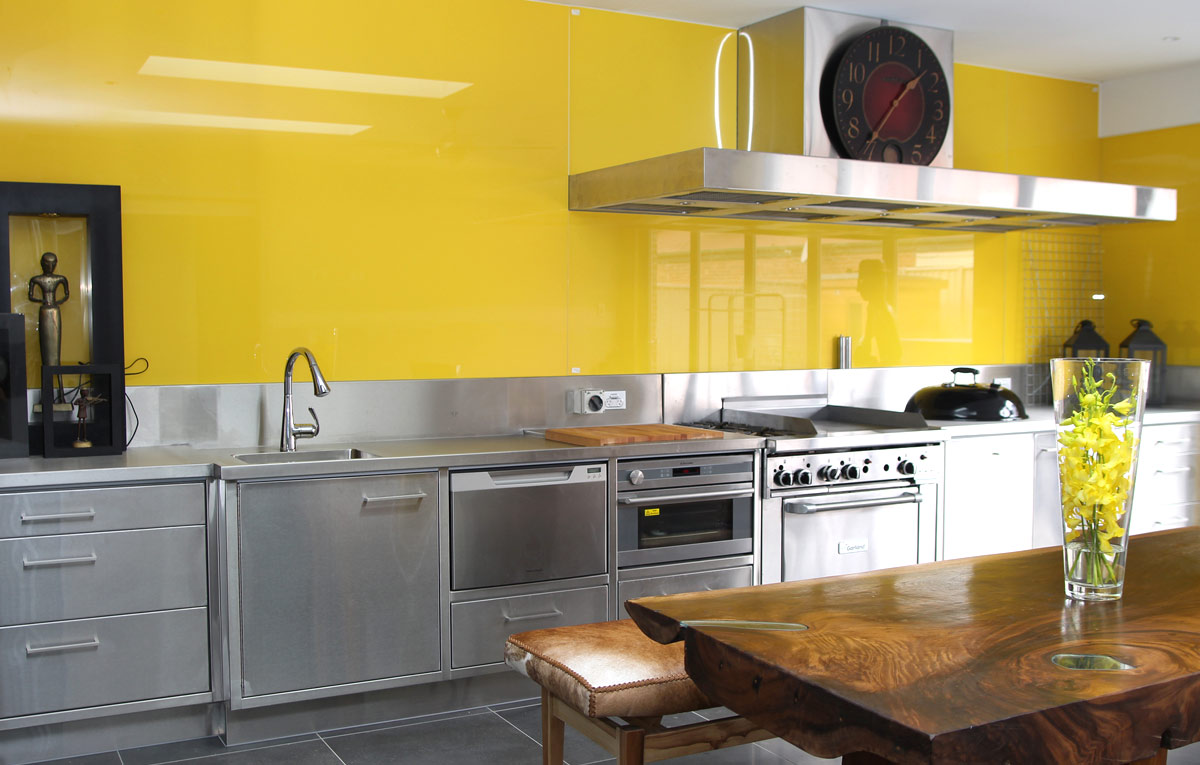You have question we have the answers. After installation, questions arise about the best way to clean and care for your Premium Showers and Robes product. Proper cleaning and maintenance can ensure your product enjoys a long life and always looks as good as the day it was installed. Read our FAQs to find answers to some of the most common questions we receive about caring for our products.
This is due to the cleaning products used. Harsh chemicals can damage shower screens. Try using a milder but equally effective mixture, such as vinegar or cleaners with natural products in them like lemon. Just think of the impact harsh chemical cleaners have on your health, let alone what they do to your shower screens.
The chemicals in the water cause the unsightly pink and orange residue. It has nothing to do with the shower screen.
This is caused by movement in the house. If this happens, it needs a simple adjustment, which can be carried out by one of our qualified staff.
The cleaning products being used will cause this damage.
The door may occasionally need WD40/RP7 to prevent squeaking.
This problem is caused by poor ventilation and/or high caustic soda in the soap you use. Try using liquid soap instead of cake soap to prevent blackening.
Tempered glass is softer than normal glass so do not use any abrasive cloths when cleaning as they will scratch the glass. Only use soft cloths or a paper towel.
Back burners turned up too high will cause the paint on the glass to burn.
This is due to the floor not being level.
There is dirt in the track or on the wheels. Clean these regularly to ensure smooth gliding across the tracks.
Your house has moved.
This is caused by too much weight on the shelves. The combined weight of hanging and stacked items should not exceed 20kg per lineal metre.
* My Shower is leaking- Is it the shower screen? |
Do you have a question not answered here or want to know more about our products?
Get in touch with our helpful Customer Service Team for more information.

